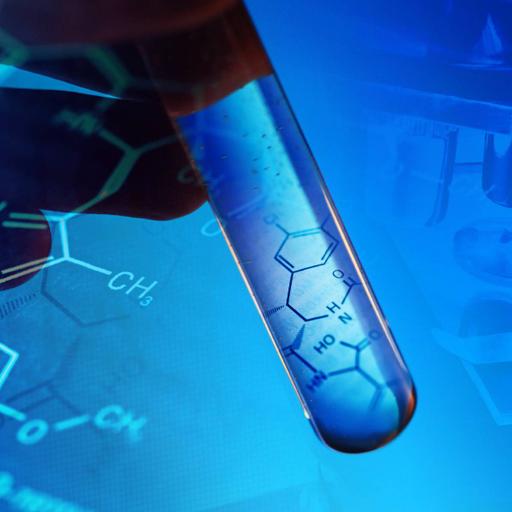Buffer and Buffer Action
Presentations | English
A biological buffer is an organic substance that has a neutralizing effect on hydrogen ions. In this way, a biological buffer helps maintain the body at the correct pH so that biochemical processes continue to run optimally. Most buffers consist of a weak acid and a weak base. It is a solution that can resist pH change upon the addition of an acidic or basic component. It is able to neutralize small amounts of added acid or base, thus maintaining the pH of the solution relatively stable. This is important for processes and/or reactions which require specific and stable pH ranges. Buffer action is the ability of the buffer solution to resist the changes in pH value on the addition of small amount of an acid or a base is known as buffer action. The purpose of a buffer in a biological system is to maintain intracellular and extracellular pH within a very narrow range and resist changes in pH in the presence of internal and external influences. The presentation gives in-depth knowledge about buffer and buffer action. Please read.

Free
PPTX (41 Slides)
Buffer and Buffer Action
Presentations | English
